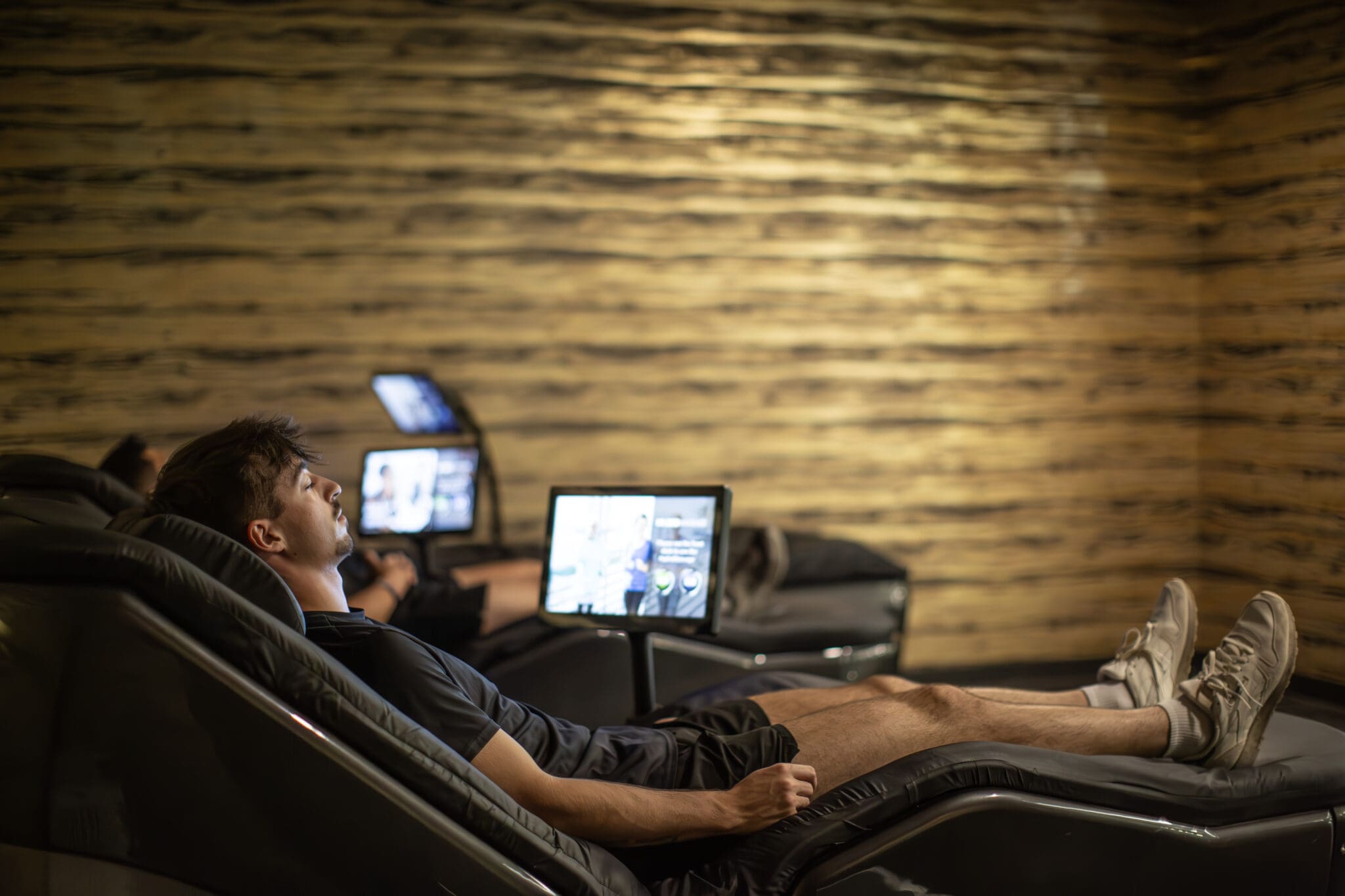Working out is a vital part of any fitness journey, but sometimes, the drive to push harder can lead to exhaustion. Maybe you’ve experienced it yourself: hitting the gym daily, only to feel constantly sore and fatigued. While it may seem counterintuitive, taking rest days is just as important for progress as the workouts themselves. Rest days allow your body to recover, reduce the risk of injuries, and keep you motivated for the long haul. Let’s dive into why rest days are essential and how you can optimize them for better results.
Why Rest Days Are Crucial for Your Fitness Journey
1. Allowing Your Muscles to Recover and Grow
During intense workouts, your muscles experience microscopic tears. It’s not while you’re lifting weights that you get stronger—it’s during recovery. Rest days give your body the time it needs to repair these tears, leading to muscle growth. Skipping this step can hinder your progress and potentially lead to overtraining.
2. Preventing Overuse Injuries
Consistently working out without allowing for adequate rest can result in overuse injuries such as tendonitis or stress fractures. Your muscles, joints, and connective tissues need time to recover and adapt to the stress placed on them. Taking regular rest days can significantly reduce the risk of these common injuries.
3. Boosting Long-Term Performance
Contrary to the “no pain, no gain” mentality, rest days can actually enhance your overall performance. By allowing time for recovery, you give your body a chance to refuel, repair, and come back stronger. This means better strength, speed, and endurance when you’re back in the gym.
4. Maintaining Mental Motivation
Rest isn’t just about your body; it’s also about your mind. Working out every day can lead to burnout, making exercise feel more like a chore than a rewarding activity. Rest days help keep you motivated, allowing you to return to your workouts with a fresh mindset and renewed energy.
How to Incorporate Rest Days Effectively
1. Listen to Your Body: Signs You Need a Break
Your body often tells you when it’s time for a break, but it’s important to recognize the signs. Physical indicators such as persistent muscle soreness, fatigue, or joint pain can signal that it’s time to rest. Mentally, a lack of motivation, irritability, or feeling drained are also signs that your body needs a recovery day.
2. Active Recovery vs. Complete Rest
Rest days don’t necessarily mean doing nothing at all. Active recovery involves low-intensity activities like walking, stretching, or yoga, which can aid in circulation and help reduce muscle stiffness. On the other hand, complete rest is beneficial for those experiencing significant fatigue or soreness. Choose the type of rest day based on how your body feels and your workout intensity.
3. Scheduling Rest Days in Your Weekly Routine
Aim to incorporate at least one or two rest days per week. For those who work out three to five times a week, rest days can be scheduled after a couple of workout sessions. For example, if you exercise intensely on Monday and Tuesday, consider taking Wednesday off to let your body recover.
Recovery Options at Catalyst Fitness
Catalyst Fitness offers a variety of recovery services that can make your rest days even more beneficial:
1. Hydromassage and Human Touch Massage
Both options are perfect for muscle relaxation and soothing soreness. Hydromassage uses water pressure to target muscle tension, while Human Touch Massage offers a traditional approach to release knots and stress.
2. Red Light Therapy
This therapy can help speed up recovery by reducing inflammation and promoting cellular healing. It’s an excellent option for those looking to enhance muscle recovery and overall well-being.
3. Theraguns for Targeted Muscle Relief
Catalyst Fitness provides Theraguns, which can be used for self-myofascial release to target muscle tightness and stiffness. This can help improve blood flow and aid in the recovery process.
4. Sauna Use for Relaxation and Detox
Sweating it out in the sauna can help relax your muscles and detoxify your body. The heat stimulates blood flow, which aids in muscle recovery and helps relieve joint stiffness.
5. Other Recovery Services Available
Don’t forget about other options such as stretching areas, foam rolling stations, and yoga classes available at Catalyst Fitness. These services complement your rest days and promote a quicker recovery.
Tips for Making the Most of Your Rest Days
1. Focus on Nutrition
Rest days are a great time to focus on nutrition, particularly foods that aid in muscle recovery. Make sure you’re getting enough protein, staying hydrated, and incorporating anti-inflammatory foods like berries and leafy greens.
2. Get Quality Sleep
Sleep is when the body does most of its recovery work. Aim for 7-9 hours of quality sleep per night to help your muscles repair and replenish energy stores. Consider sleep-friendly habits like reducing screen time before bed.
3. Practice Mindfulness or Meditation
Rest days can also be used for mental recovery. Activities like meditation or mindfulness exercises can help reduce stress and support overall well-being.
Conclusion
Rest days play a critical role in achieving your fitness goals. They allow your body to recover, reduce the risk of injury, and maintain your motivation to keep pushing forward. Don’t underestimate the power of a well-planned rest day—embrace it as a crucial component of your fitness journey.
Catalyst Fitness offers several recovery options to help you make the most of your rest days, from hydromassage to red light therapy and beyond. Try out these services and see how they can take your recovery to the next level!
By following this guide, you’ll be better equipped to balance exercise with recovery and achieve your long-term fitness goals. Remember, rest isn’t a sign of weakness—it’s a sign that you’re committed to doing what’s best for your body and mind.
